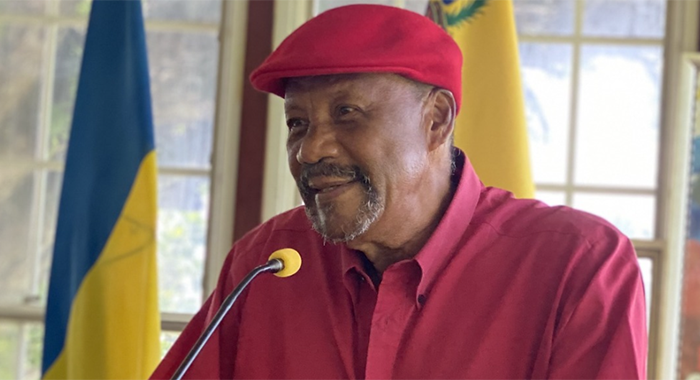As the November 27 elections in St. Vincent and the Grenadines approach, the working class finds itself deeply divided in its support for political parties. This division has pitted co-workers against co-workers and family members against one another, with many hoping that their chosen party will deliver tangible benefits. However, both the Unity Labour Party (ULP) and the New Democratic Party (NDP) are fundamentally capitalist entities, prioritizing the interests of local and foreign capitalists over the working class. Historically, the ULP initially positioned itself as pro-working class, influenced by the left-leaning Movement for National Unity during its 1994 merger. However, once in power, the ULP shifted to the right, aligning itself with multinational corporations, particularly in the hospitality sector. The NDP, founded in 1975, emerged during a period of political turmoil but has consistently maintained its capitalist and liberal leanings. Despite their differences, both parties have failed to address systemic issues such as poverty, unemployment, wage disparities, and inadequate public services. The working class remains disillusioned, with many viewing the elections as a choice between two flawed options. Campaigns, funded by the wealthy, further marginalize ordinary citizens, leaving them with little influence over the political process. In this context, the need for systemic change has become increasingly apparent. Organizations like SOLIDARITY RIGHTS advocate for fundamental rights, including access to quality healthcare, education, decent work, and housing, as essential pillars for a just society. As the election looms, the focus shifts to the broader question of national direction post-November 27, emphasizing the need for a system that empowers ordinary people to shape their own destinies.
